Optimal Timing for Fire Restorations
Fire restorations are most effectively performed during periods of stable weather, typically in late spring through early fall. This allows for better access to affected areas and reduces the risk of weather-related delays. Timing also depends on the extent of fire damage and the availability of restoration professionals.
Restorations are ideal when outdoor conditions are dry and mild, minimizing complications from rain or humidity.
Warmer months often provide easier access to damaged structures, facilitating quicker restoration work.
Severe fire damage may require immediate action regardless of season, but scheduling during optimal weather can improve outcomes.
Insurance claims and contractor availability can influence timing, with many professionals scheduling work during peak seasons.
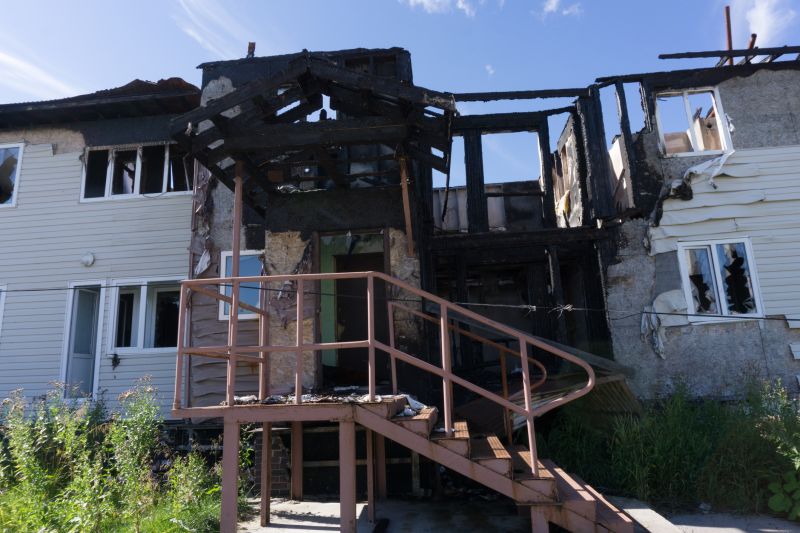
A property affected by fire showing extensive smoke and soot damage.
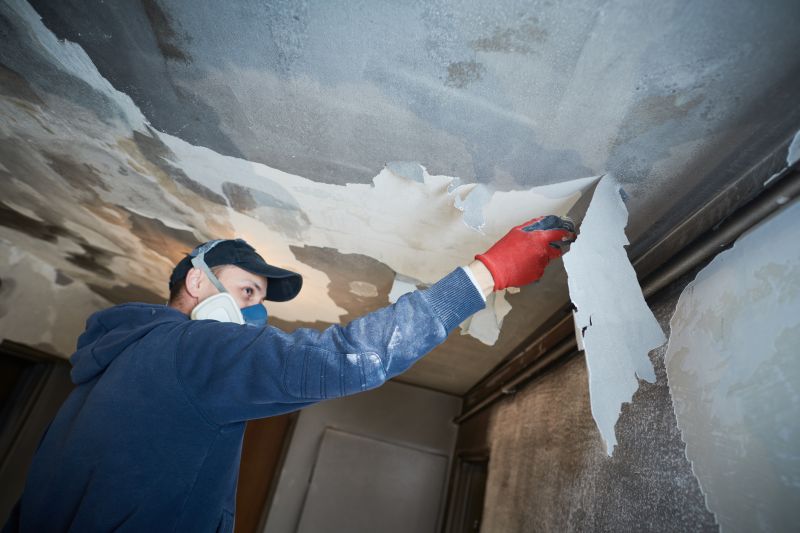
Technicians cleaning and removing debris from fire-damaged areas.
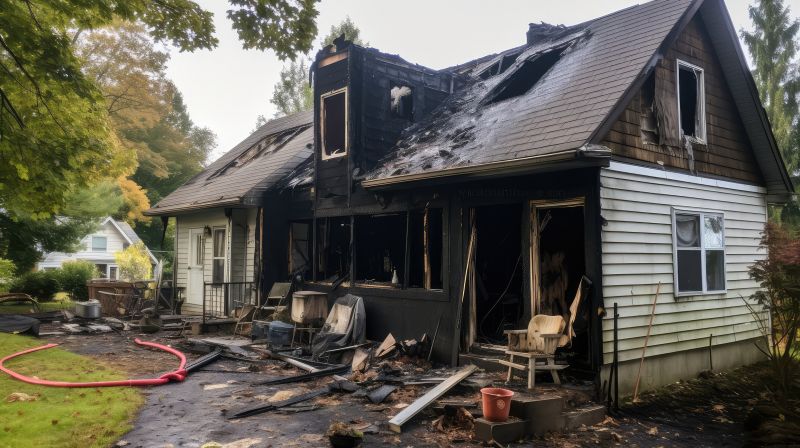
A fully restored property with repaired structural elements and clean surfaces.
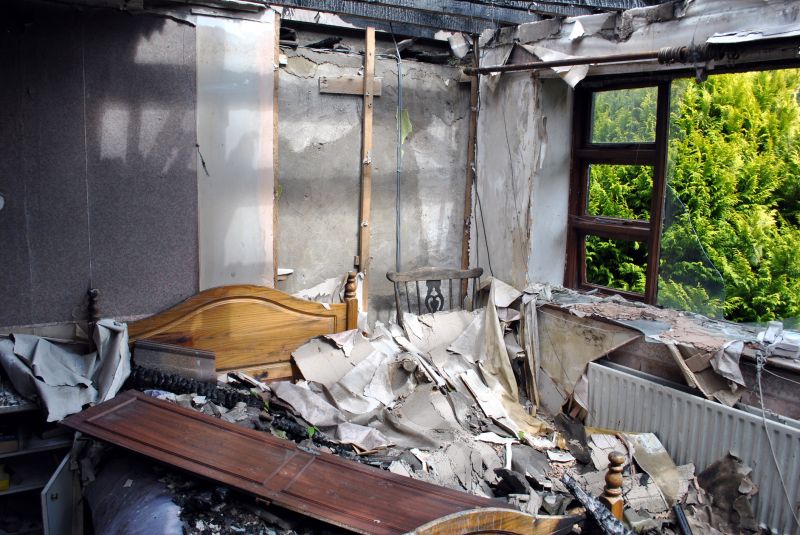
Ways to make Fire Restorations work in tight or awkward layouts.
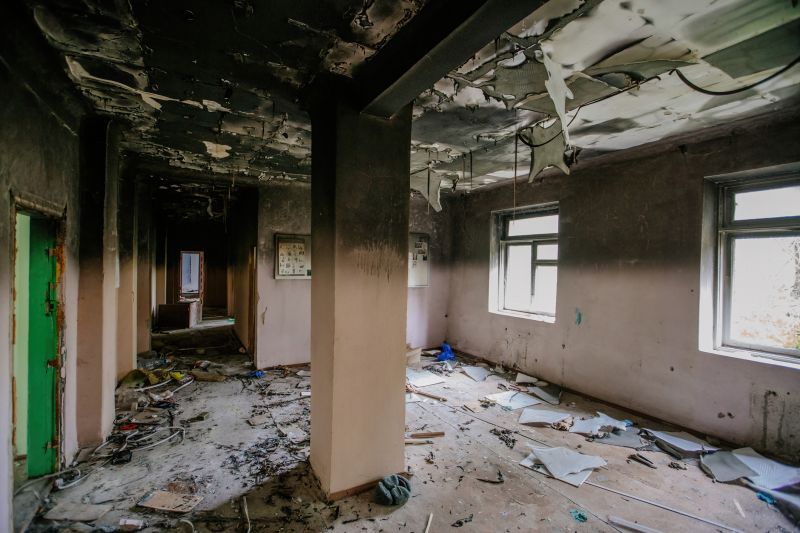
Popular materials for Fire Restorations and why they hold up over time.
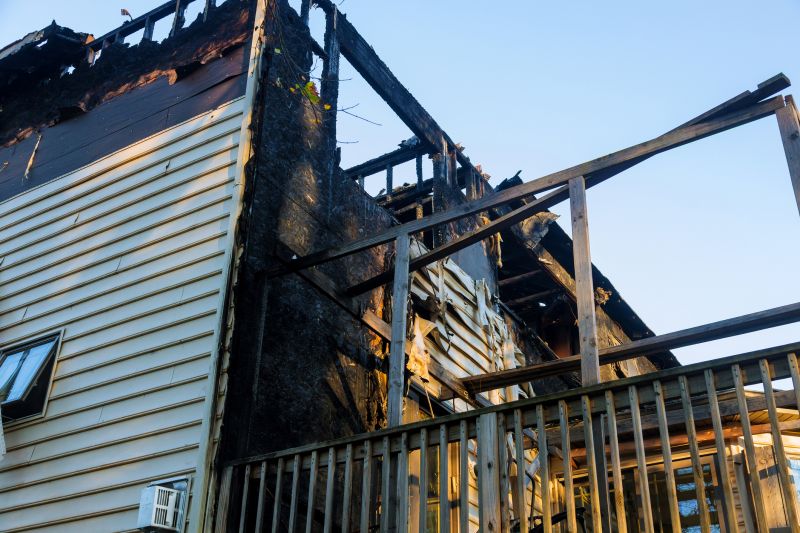
Simple add-ons that improve Fire Restorations without blowing the budget.

High-end options that actually feel worth it for Fire Restorations.
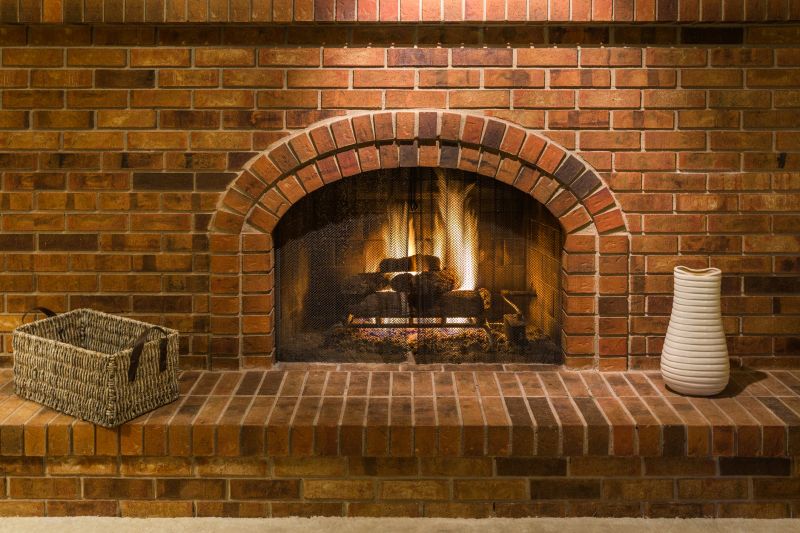
Finishes and colors that play nicely with Fire Restorations.
| Season | Advantages |
|---|---|
| Spring | Mild weather, longer daylight hours, ideal for detailed restoration work. |
| Summer | Dry conditions, easier access, faster progress. |
| Fall | Cooler temperatures, less humidity, good for scheduling. |
| Winter | Potential delays due to weather, but possible with indoor focus. |
Fire restorations involve comprehensive processes including debris removal, smoke and soot cleaning, structural repairs, and odor neutralization. The goal is to restore the property to its pre-fire condition, ensuring safety and functionality. Proper timing can enhance the effectiveness of these procedures, reducing long-term damage and costs.
